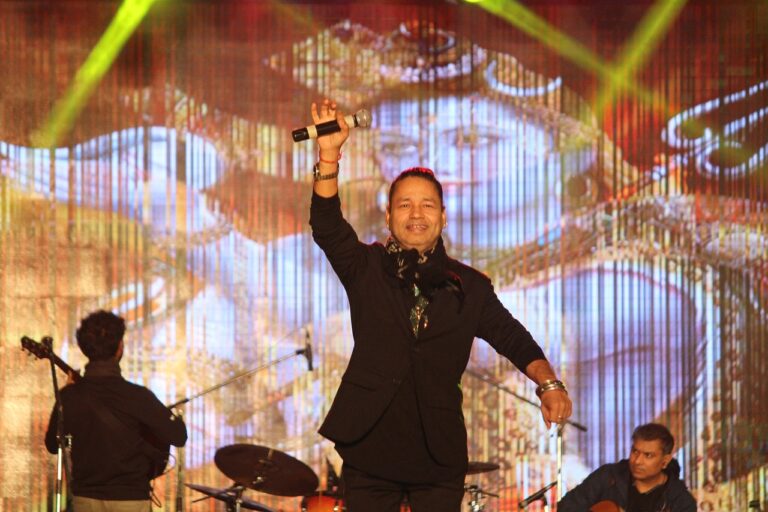LGBTQ+ Rights and Electoral Politics: Allexch login app, 99 exch, All panel login
allexch login app, 99 exch, all panel login: LGBTQ+ Rights and Electoral Politics
In recent years, LGBTQ+ rights have become a significant topic in electoral politics. From marriage equality to non-discrimination protections, the LGBTQ+ community has fought hard for equal rights and representation in the political sphere. As we approach the 2020 election, it is essential to understand the importance of LGBTQ+ rights in electoral politics and how they can impact the outcomes of elections.
The LGBTQ+ community makes up a significant portion of the electorate, with an estimated 9 million LGBTQ+ voters in the United States. This voting bloc has the potential to swing elections in favor of candidates who support LGBTQ+ rights and equality. Candidates who prioritize LGBTQ+ issues and advocate for inclusive policies are more likely to earn the support of LGBTQ+ voters and their allies.
Throughout history, LGBTQ+ rights have been a contentious issue in electoral politics. Many conservative politicians have opposed LGBTQ+ rights, using fear-mongering tactics to appeal to their base. However, as society becomes more accepting and inclusive, LGBTQ+ rights have gained more traction in electoral politics. Candidates who champion LGBTQ+ rights are more likely to earn the support of younger voters and those who value equality and social justice.
As we look ahead to the 2020 election, it is crucial for LGBTQ+ voters to support candidates who prioritize LGBTQ+ rights and advocate for policies that promote equality. By leveraging their voting power, LGBTQ+ voters can influence the outcomes of elections and ensure that their voices are heard in the political process. It is also essential for candidates to engage with the LGBTQ+ community, listen to their concerns, and work towards creating a more inclusive society for all.
In conclusion, LGBTQ+ rights play a crucial role in electoral politics. As the LGBTQ+ community continues to fight for equality and representation, it is essential for voters to support candidates who prioritize LGBTQ+ rights and advocate for inclusive policies. By leveraging their voting power, LGBTQ+ voters can make a significant impact on the outcomes of elections and work towards creating a more equitable society for all.
FAQs
Q: What are some key LGBTQ+ rights issues in electoral politics?
A: Some key LGBTQ+ rights issues in electoral politics include marriage equality, non-discrimination protections, healthcare access, and transgender rights.
Q: How can LGBTQ+ voters make a difference in elections?
A: LGBTQ+ voters can make a difference in elections by supporting candidates who prioritize LGBTQ+ rights, donating to LGBTQ+ advocacy organizations, and engaging in voter outreach efforts.
Q: Why is it essential for candidates to engage with the LGBTQ+ community?
A: It is essential for candidates to engage with the LGBTQ+ community to understand their concerns, build trust, and create policies that promote equality and inclusivity.







